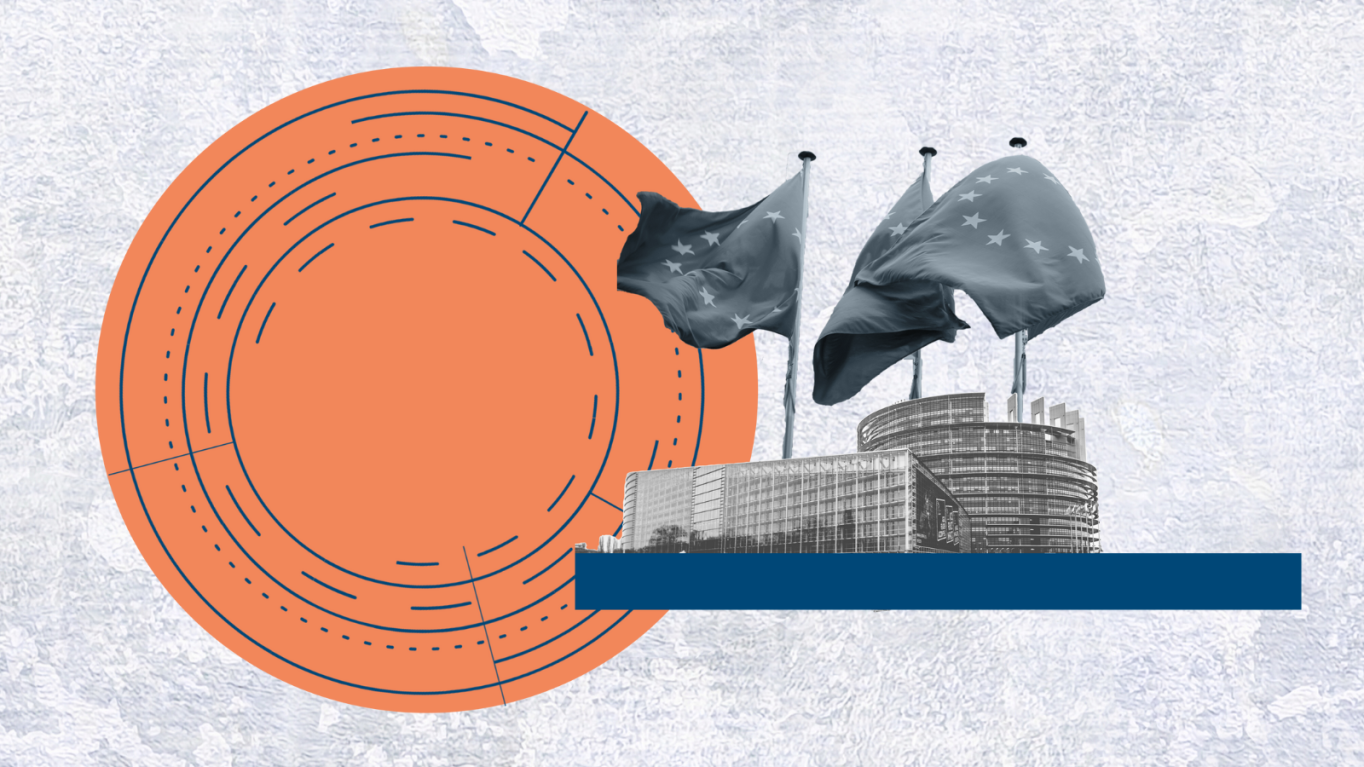
The European Union is rapidly reshaping its security architecture, focusing heavily on military capabilities, defence markets, and assistance to Ukraine. Yet this narrow lens risks overlooking the real battle: defending democracy itself, as well as the most powerful armour – its people. Europe faces a double threat: an internal hybrid assault on democratic cohesion, and an external assault where authoritarian regimes weaponise international law to shield repression.
Inside, AI-driven disinformation and foreign-funded think tanks are systematically undermining human rights and EU institutions, with illiberals in Poland, Hungary, and their US allies attempting to dismantle the Union into a powerless shell. Outside, authoritarian regimes are hijacking international law to entrench repression under a legal façade. Together, they are building an “authoritarian multilateralism” that threatens to replace the liberal order. The implications are profound. Europe is behind the curve; the Commission does not see these challenges intertwined with the hard security threat — they demand an integrated response for a successful common defence strategy. The Commission president Ursula von der Leyen stressed that the goal of EU foreign policy was to “deliver stability, security and prosperity for our citizens.“ But Europe cannot afford complacency — defending civic space and human rights must become a core pillar of its security and defence strategy, or risk losing both democracy, security and stability at once.
Indeed, we know security is not just about protecting borders. It is also about protecting the spaces for civic action and engagement — the bedrock of resilient democracies and human security. Learning from counter-terrorism efforts after 9/11, we know that security policies that sideline human rights end up backfiring. For the past 20 years, global institutions such as the UN experts, Financial Action Task Force, and civil society coalitions have been documenting how counter-terrorism measures, such as rigid financial surveillance standards inadvertently stifled legitimate civil society activities and human rights. Decades of sustained advocacy led to course corrections, attempting to reduce the effects that undermined democracy itself and resulted in institutions starting to centre democracy, human rights and civic space protections as they were addressing counter-terrorism threats. Further learnings from security sector reform underline the importance of good governance, participation, and civic space for sustained human security. The EU must heed these lessons: a “security first, rights later” approach risks replicating the past failures.
- The EU should indeed integrate democratic resilience and human rights into its security and defence agenda. This means systematic investment in independent journalism, human rights defenders, and civic movements — with funding, supportive regulatory frameworks, and diplomatic efforts working together to protect civic space. The upcoming MFF and Civil Society Strategy must not miss this opportunity. Embedding support for civic space within these frameworks would not only reinforce democratic resilience but enhance human security approaches.
- Moreover, the EU must reclaim the normative high ground in multilateral forums. Autocratic regimes are increasingly redefining legality to fit illiberal agendas. With the U.S. retreating, Europe can lead a coalition that reaffirms the universality of human rights, especially in the security frameworks where standards are being set.
- Third, civil society cannot be treated merely as a beneficiary in these processes but recognised as a strategic partner and indispensable actor. From reshaping standards on preventing terrorism financing and counterterrorism to providing humanitarian services, civil society groups and its coalitions have proven their unique expertise and can offer solutions rooted in values, resilience, and democratic security - essential ingredients for Europe's survival.
Europe stands at a crossroads. If it wants to fill the void left by the Trump administration and indeed stand up as the “leader of the free world”, as suggested by the EU High Representative Kaja Kallas, it must show that security goes hand-in-hand with investing in democracy. Anything less would be surrendering to the forces that seek to fracture it from within and outside.
About the authors:
Vanja Skoric is ECNL's Program Director, an expert in human rights law with more than 20 years work experience on civil society freedoms. She leads ECNL's work on securitisation and counter-terrorism measures that impact civil society and oversees programmes focusing on AI and digital rights.
Florian Irminger is President of Progress & Change Action Lab, through which he leads efforts to advance core freedoms, as well as institutional reform of international organisations. Over the past two decades, he has served as a local elected official, as secretary general of a national political party, and in leadership positions of local and international NGOs. Florian’s experience extends from Europe to the United Nations, Central Asia to Central Africa, Baku to Minsk through Kyiv, the hallways of the European Union and the Council of Europe.